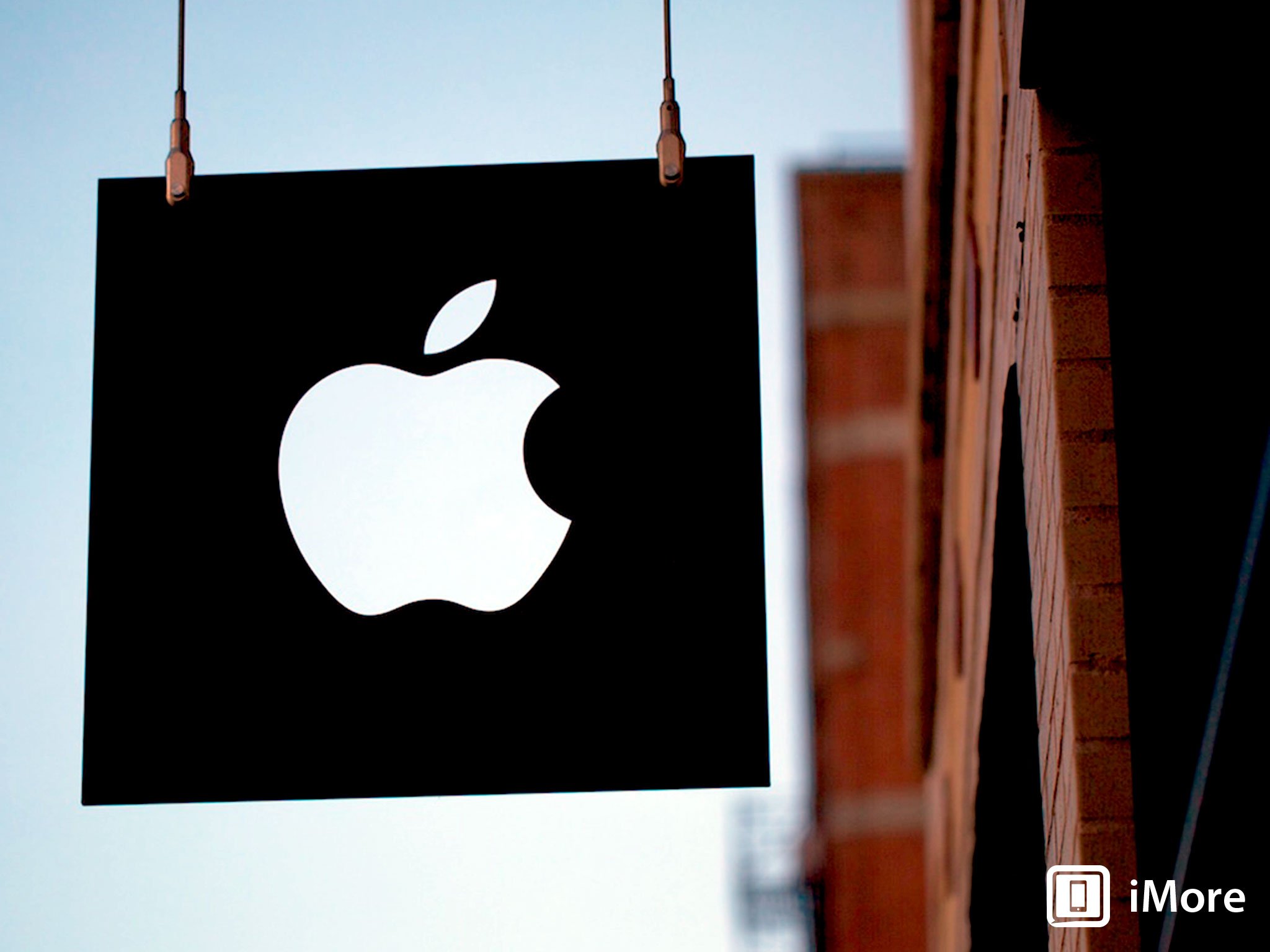Alleged Apple tax avoidance deal with Ireland under investigation by the European Commission

The European Commission is getting set to launch a formal investigation into whether Apple's tax arrangements in Ireland are legal, or whether they qualify as illegal state aid.
The focus of the investigation centres around two Apple subsidiaries that are based out of Ireland: Apple Sales International and Apple Operations Europe. Ireland is seen as a tax haven for various multinational corporations around the globe, which establish subsidiaries in the country to take advantage of the lower tax margins (12.5 percent) when compared to other EU member states.
However, a U.S. Senate committee found last year that Apple was paying less than 2 percent tax by channelling money through its Irish subsidiaries. While Apple vehemently denied these findings, its annual report showed that it paid a tax of 3.7 percent in Ireland, way below the 12.5 percent that is considered to be the norm.
The EU commission is looking to determine whether the Irish tax arrangements Apple had in place allowed the manufacturer to unfairly benefit from the tax breaks, in which case they will be considered illegal state aid. Ireland's "tax rulings" with Apple allowed the manufacturer to carry out transfer pricing schemes, which refers to the "prices charged for commercial transactions between various parts of the same group of companies, in particular prices set for goods sold or services provided by one subsidiary of a corporate group to another subsidiary of the same group."
Transfer pricing schemes influence how the company declares the total amount of taxable profit it has accumulated between various subsidiaries around the world.
"If tax authorities, when accepting the calculation of the taxable basis proposed by a company, insist on a remuneration of a subsidiary or a branch on market terms, reflecting normal conditions of competition, this would exclude the presence of state aid. However, if the calculation is not based on remuneration on market terms, it could imply a more favourable treatment of the company compared to the treatment other taxpayers would normally receive under the Member States' tax rules. This may constitute state aid."
While this investigation will not have an immediate impact on Apple's share prices, it will likely bring forth new policies that change the way multinational organisations operate within the EU.
Source: Europa
iMore offers spot-on advice and guidance from our team of experts, with decades of Apple device experience to lean on. Learn more with iMore!
The clumsiest man in tech.

